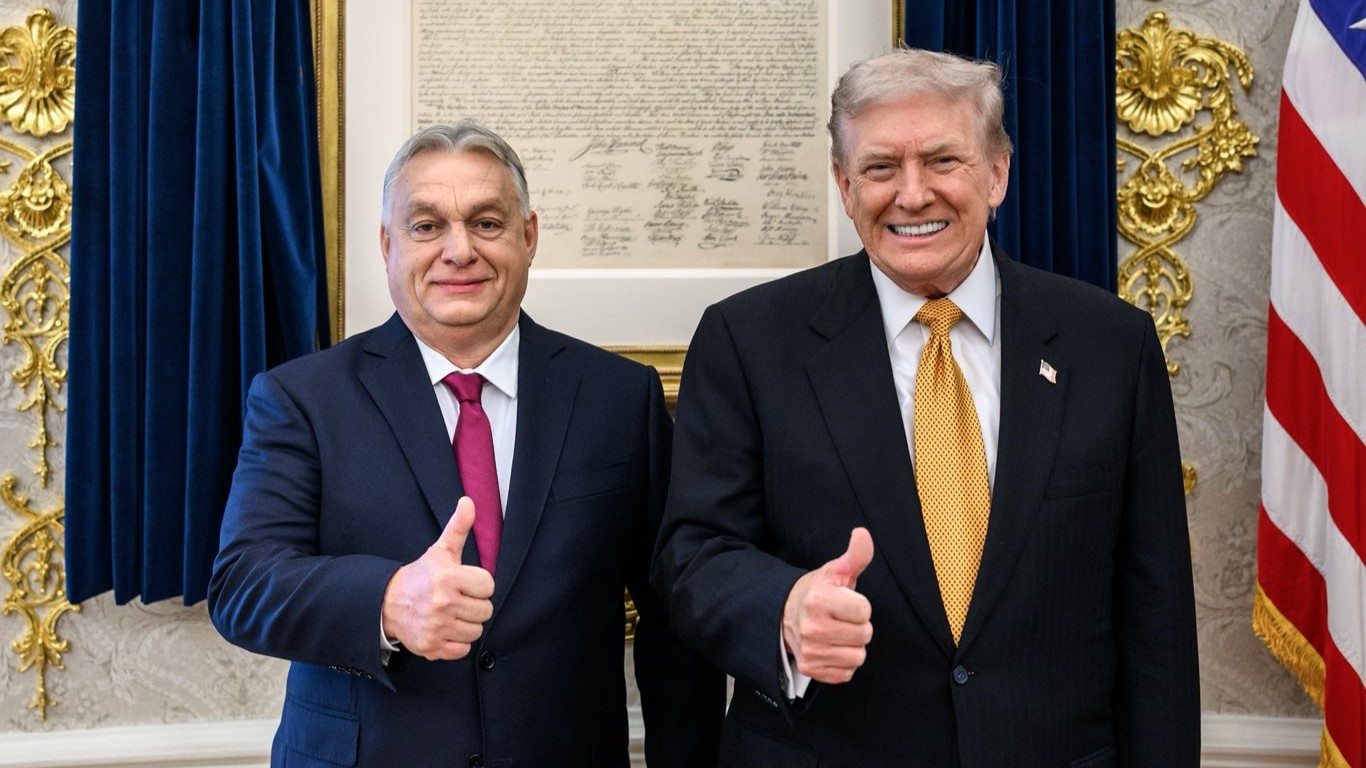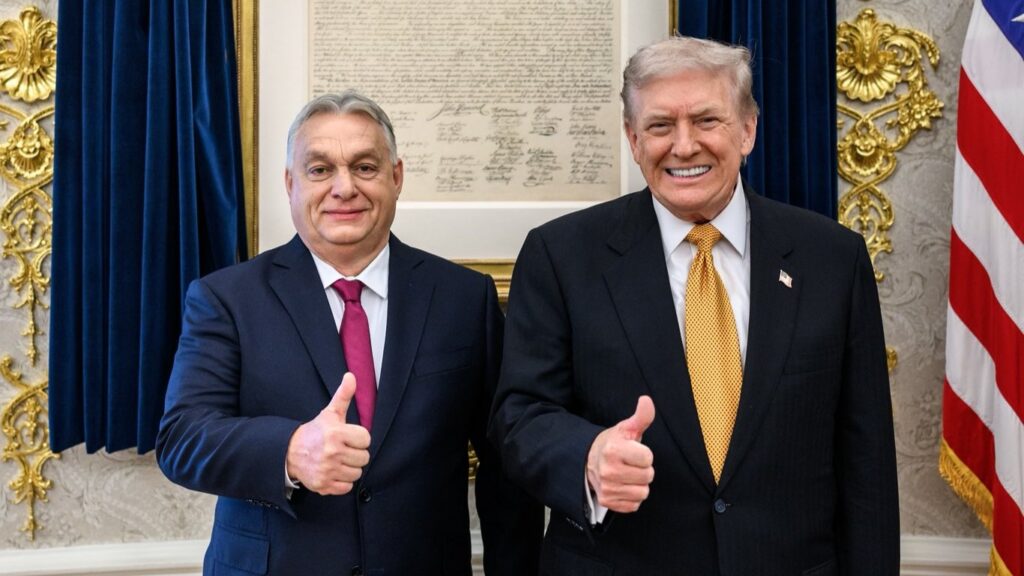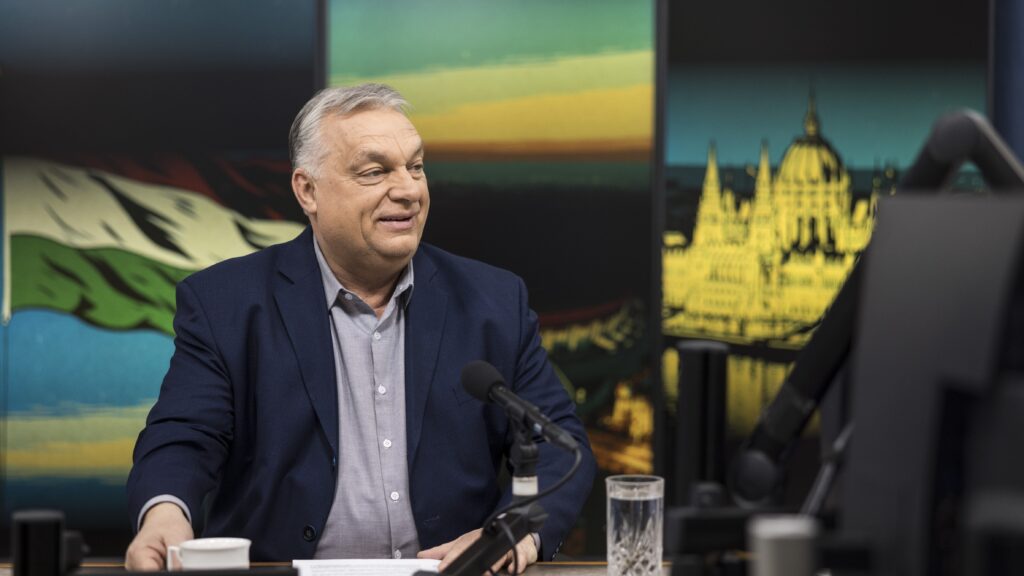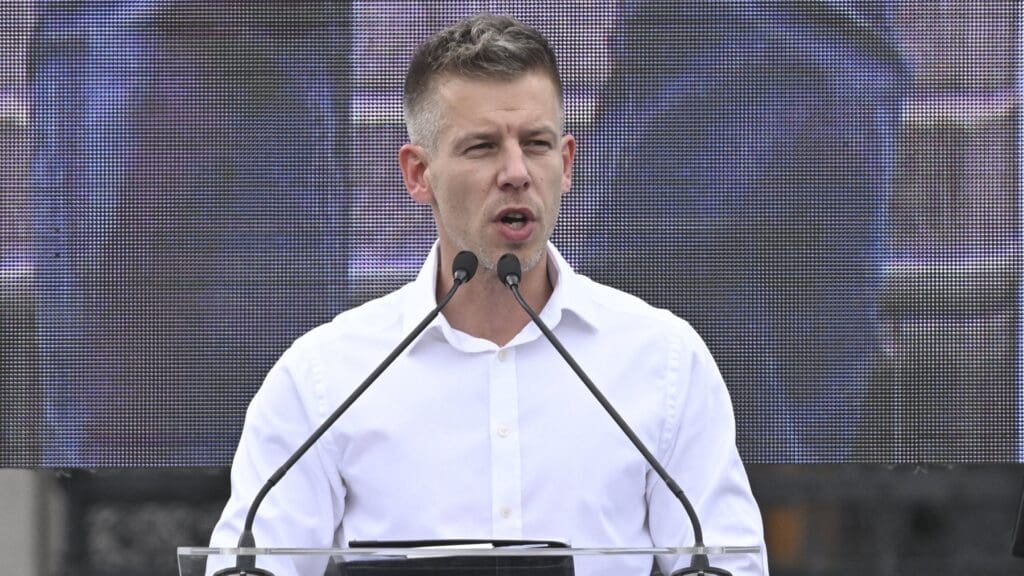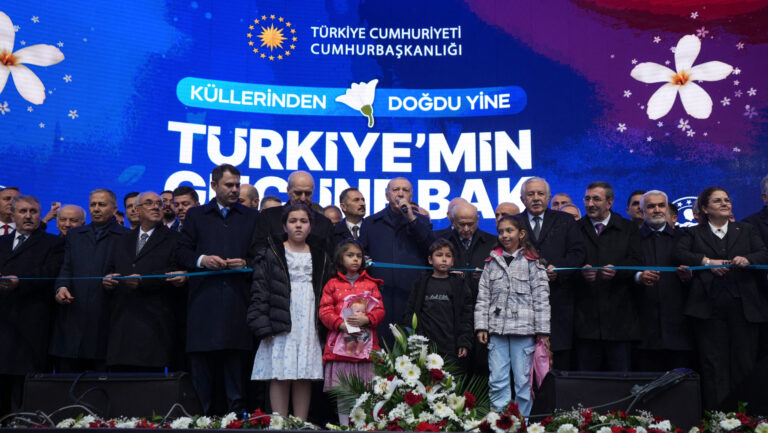US President Donald Trump and Hungarian Prime Minister Viktor Orbán held a high-stakes summit at the White House on Friday, marking a new era in US–Hungary relations. Both sides hailed the meeting as a milestone in strengthening economic, energy, and defence cooperation, as Trump granted Hungary a full exemption from US sanctions on Russian oil and gas imports through the TurkStream and Druzhba pipelines.
According to a White House statement, the partnership between the two nations is ‘built on mutual respect for sovereign decision-making’ and reflects ‘a commitment to advancing strategic goals that benefit both nations as trading partners and NATO allies’.
Trump Approves, Zelenskyy Threatens to Block Russian Oil to Hungary
Prime Minister Orbán announced at a joint press conference with Minister of Foreign Affairs and Trade Péter Szijjártó that Hungary had secured an indefinite and comprehensive exemption from US sanctions targeting Russian energy sources. ‘We have managed to protect the utility price cuts, which means Hungary will continue to have the lowest energy prices in Europe,’ Orbán declared. ‘There are no sanctions that would restrict or increase the cost of energy coming through these two pipelines.’
Orbán emphasized that without this exemption, Hungarian households would have faced a two-and-a-half to threefold increase in energy bills by the end of November. ‘When we arrived in Washington, we were in deep trouble—perhaps worse than that. But we have pulled ourselves out,’ he said, crediting Szijjártó for his role in preparing the final agreement.
However, Ukrainian President Volodymyr Zelenskyy threatened that Ukraine will stop Russian oil from reaching Hungary, though it cannot happen immediately due to various dependencies. ‘We can’t allow Russians to keep making money on energy,’ Zelenskyy said on 7 November. ‘Even where they twist our arms through various contracts or obligations, we’ll still find a way to make sure Russian oil disappears from Europe…We won’t let the Russians sell oil there. It’s a matter of time. We can’t do it today because there are many different dependencies in this puzzle, but we’ll still complete the picture,’ he added.
He also commented on Orbán’s veto to block Ukraine’s European Union accession. ‘[Russians] couldn’t do it. If he thinks delaying it by six months will stop Ukraine, then no, it won’t,’ Zelenskyy said.
The agreement on Russian oil transit through Ukraine remains in force until 1 January 2030. In 2019, Ukrtransnafta and Russia’s Transneft signed a ten-year extension, effective from 1 January 2020. Despite Russia’s full-scale invasion that began in 2022, Ukraine has not terminated the contract, as it continues to generate significant revenue from transit fees.
Multimillion-Dollar Deals on Energy, Defence, Technology
Orbán confirmed that the United States would lift the remaining restrictions related to the Paks II nuclear project introduced under the Biden administration. The US and Hungary also signed a Memorandum of Understanding on civil nuclear cooperation, including small modular reactors (SMRs) and spent fuel storage, signaling Budapest’s ambition to become a hub for SMR technology in Central Europe. The MOU foresees potential investments of up to $20 billion.
In addition, Hungary concluded a $114 million deal with US-based Westinghouse to supply nuclear fuel for the Paks I power plant and committed to purchasing $600 million worth of American liquefied natural gas (LNG). ‘We will introduce American technology in Hungary and create the legal framework for the construction of small modular reactors,’ Orbán said, adding that the Hungarian parliament would amend relevant laws next week.
The White House statement announced the launch of negotiations to renew the General Security of Military Information Agreement (GSOMIA), paving the way for deeper military cooperation. Hungary also plans to purchase $700 million worth of defence equipment through the US Foreign Military Sales program.
On the space front, Hungary signed the Artemis Accords on 22 October, joining a growing coalition of nations committed to the peaceful and transparent use of outer space. Szijjártó revealed that Hungarian companies would participate in the construction of the world’s first commercial space station, led by US-based Voyager Technologies, scheduled for launch in 2029. The project will include joint training and experimental missions involving Hungarian astronauts.
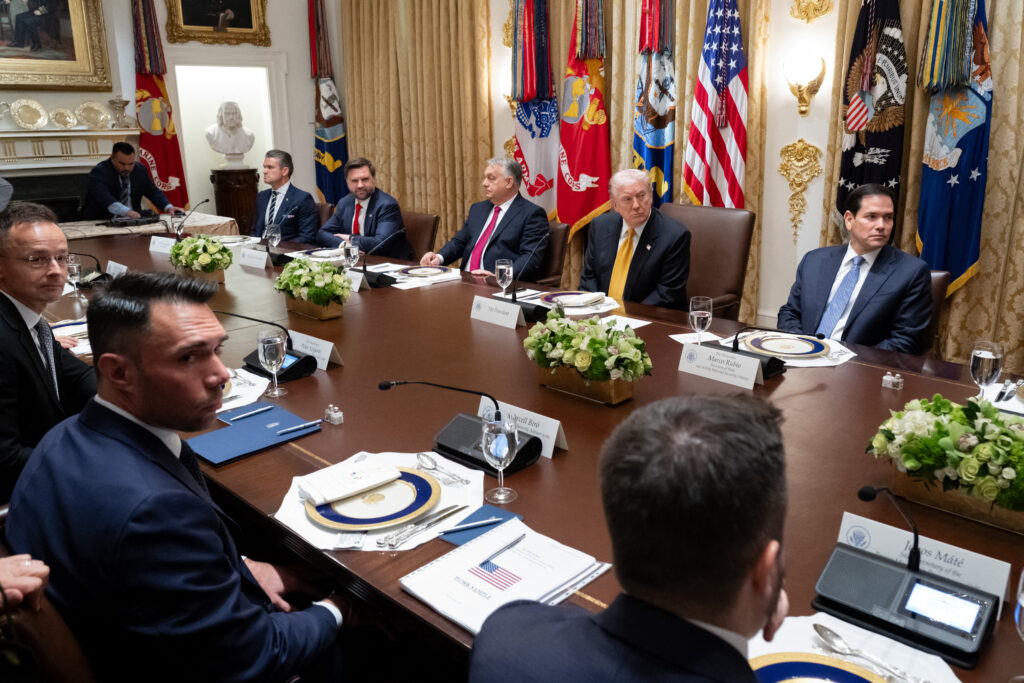
Both leaders highlighted expanding academic and scientific ties, including the Fulbright program’s 2026 expansion in honor of the US semiquincentennial and a new $1 million joint research initiative between The Catholic University of America and Pázmány Péter Catholic University on the ethical use of artificial intelligence.
Orbán underlined that US–Hungarian relations had reached unprecedented strength since Trump’s return to office. He noted that approximately 1,400 American companies now operate in Hungary, employing about 100,000 people, and more investments are expected to follow. ‘These new projects will not only create jobs but also raise Hungary’s technological standards,’ he said.
Trump and Orbán also discussed financial stability and agreed to establish new forms of financial cooperation. ‘We can count on the United States in maintaining and strengthening Hungary’s financial stability,’ the Hungarian prime minister stated.
Shared Commitment to Peace
Both governments reiterated their commitment to promoting peace efforts in Ukraine. Orbán noted that discussions about hosting a peace summit in Budapest remain ongoing. ‘Hungary offers its capabilities to assist in ending the war in Ukraine,’ he said, repeating his long-standing view that ‘Ukraine cannot defeat Russia militarily’.
Orbán characterized the meeting as ‘a day of Hungary in Washington’, noting that multiple ministerial-level discussions were held alongside the leaders’ summit. He described the talks as those of ‘two allied states with shared interests’, adding that no major disagreements emerged.
‘We identified no issue where our two nations’ positions conflicted,’ Orbán said. ‘There are no strategic differences between Hungary and the United States—only shared goals and cooperation.’
Related articles:

